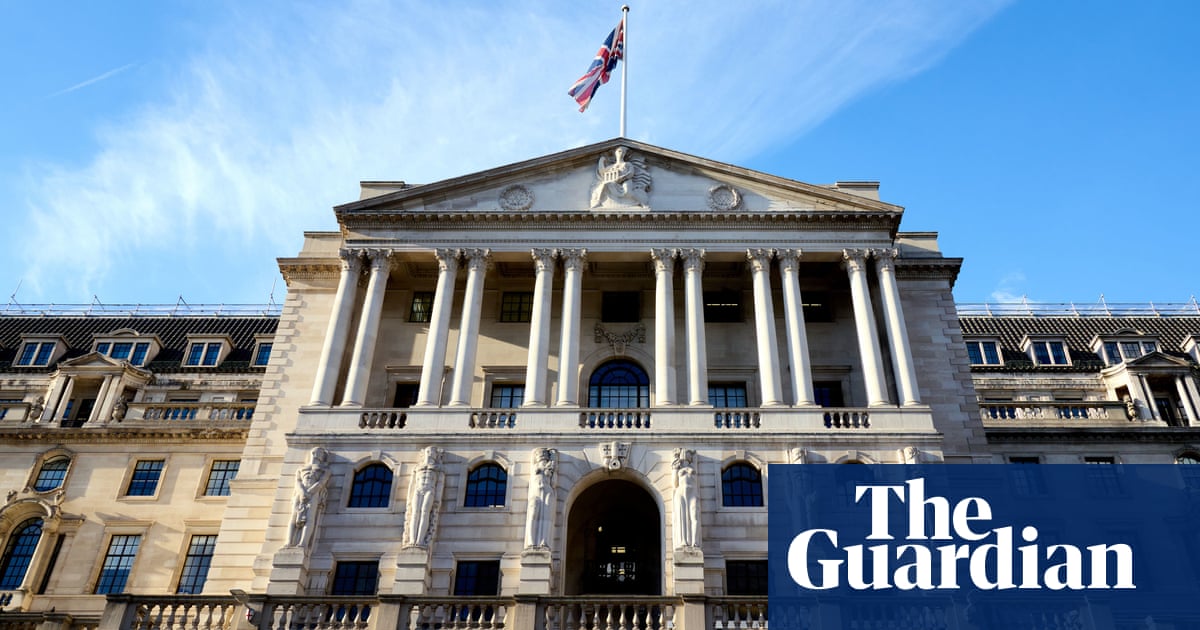
Retired diplomat entered the IBL branch in Hazmieh and refused to leave until he was given his savings
A retired security officer entered BLC Bank in Bekaa and demanded that $4,300 be transferred to his son in Ukraine
BEIRUT: A former police officer brandishing a weapon and a retired ambassador were among savers who stormed banks in Lebanon after they partially reopened following a week’s closure after earlier raids.
Georges Habib Siam, 76, the honorary consul general of Ireland and former protocol director at Lebanon’s Foreign Ministry, entered the IBL branch in Hazmieh, Mount Lebanon, and refused to leave until he was given his savings.
Ali Deeb Al-Sahli, a retired member of the Internal Security Forces, entered the Chtaura branch of the BLC Bank in the Bekaa, and demanded that $4,300 be transferred to his son in Ukraine, who was evicted from his house and expelled from university due to a lack of money.
A video shared on social media showed other savers cheering Al-Sahli, before bank employees are seen taking his weapon, before detaining and then handing him over to security forces. Another video showed Al-Sahli saying he would sell his kidney for money.
Ali Hassan Hodroj, another saver, demanded that staff in the Byblos Bank branch in Tire, southern Lebanon, hand over his savings of around $44,000. He was able to recover some money, which he handed over to another protester outside before surrendering himself to police.
Meanwhile, dozens of employees of the Kadisha Electricity Co. stormed the FNB’s Tripoli branch, demanding their full salaries and allowances after the bank deducted 3 percent.
The latest attempts by Lebanese to get their money came two weeks after hold-ups at seven branches, which led to banks closing for a week in protest.
The Lebanese financial system has been in turmoil since 2020, with the Lebanese pound losing most of its value. The country’s banks have restricted depositor withdrawals from their dollar accounts and any money taken out in local currency has been subject to exchange rates that have rendered it almost worthless. Meanwhile, authorities have yet to enact a recovery plan.
Hassan Moghnieh, the head of Lebanon’s Depositors Association, told Arab News: “The situation is going to get worse as long as there is no radical solution to the issue of withholding deposits.
“Ignoring this will lead to more chaos, despite all the measures taken, since all people have deposits in banks.”
Assad Khoury, the head of the Syndicate of Bank Employees in Lebanon, said: “Things will not be resolved by storming banks. A comprehensive solution is required. The responsibility lies primarily with the political authority, which is still trying to deny its responsibilities.”
The Association of Banks in Lebanon said that it had no control over financial or monetary policies, and its members were not the decision-makers.
In a statement, it said: “The state withdrew $62.6 billion from the central bank. These sums were spent on maintaining subsidies, stabilizing the exchange rate, high interests, electricity, the state’s import needs, and others.
“When the crisis began, the central bank had reserves of about $33 billion. Today, reserves have fallen to about $10 billion.
“When banks tried to speak up in an effort to change the situation, the head of the ABL was prosecuted.
“If the situation continues, the International Monetary Fund will stop negotiating with Lebanon, the central bank’s reserves will be depleted, and the state will be unable to secure any purchases from abroad.
“Lebanon would thus be unable to secure the minimum necessities of living, such as electricity, water, medicine, telecommunications, etc., and hope of recovering deposits would fade, and the local currency would depreciate even further,” the association statement added.












